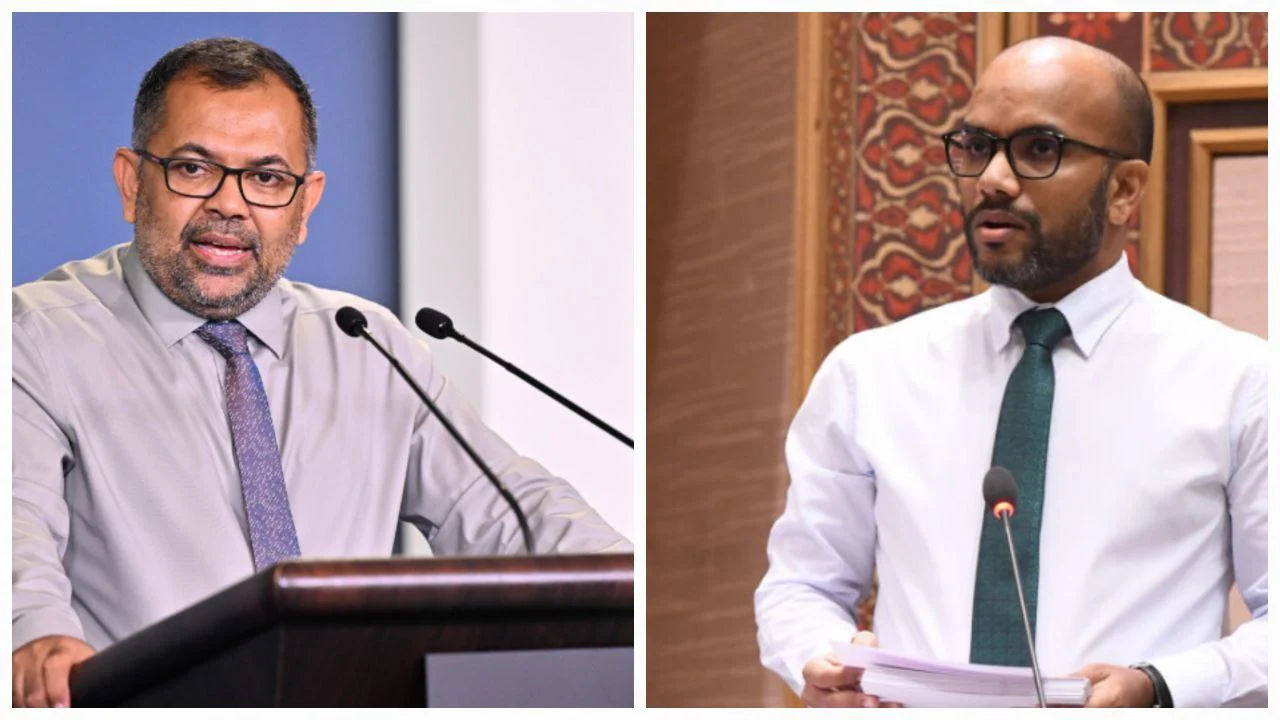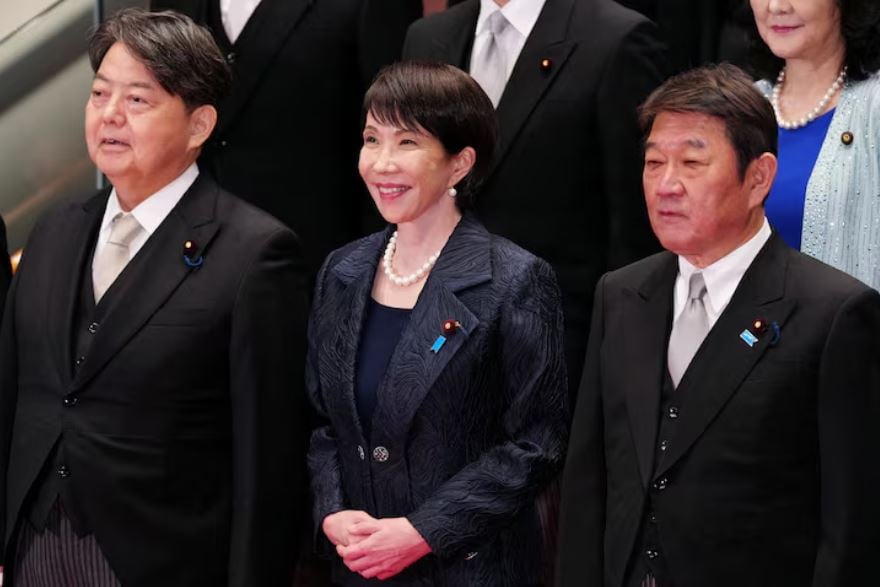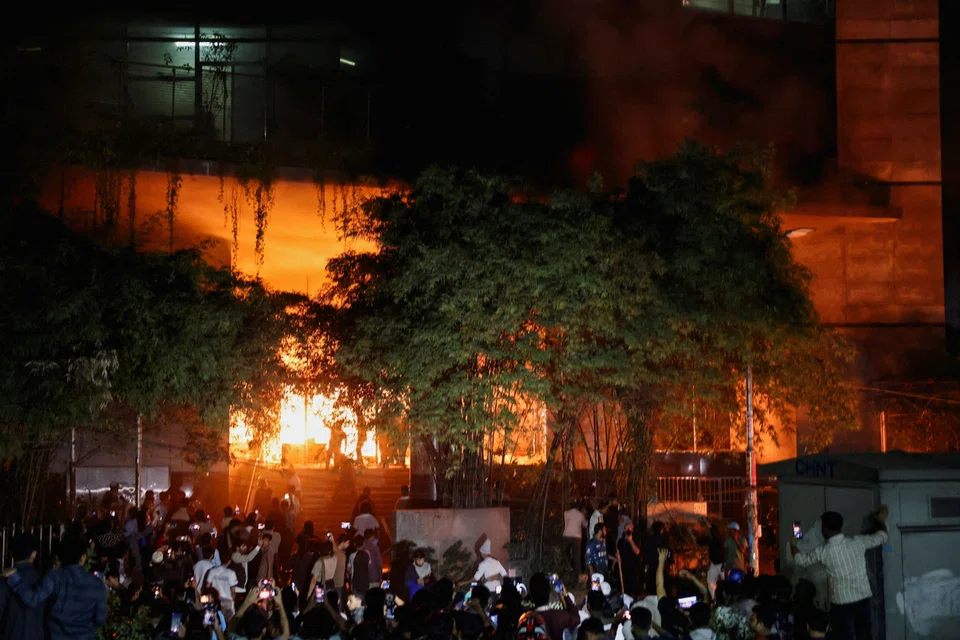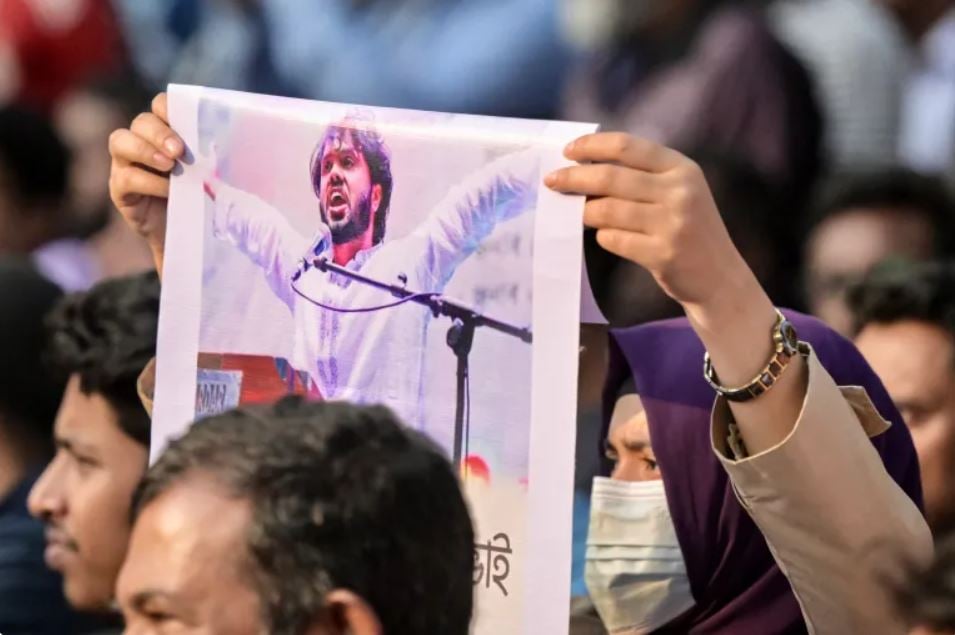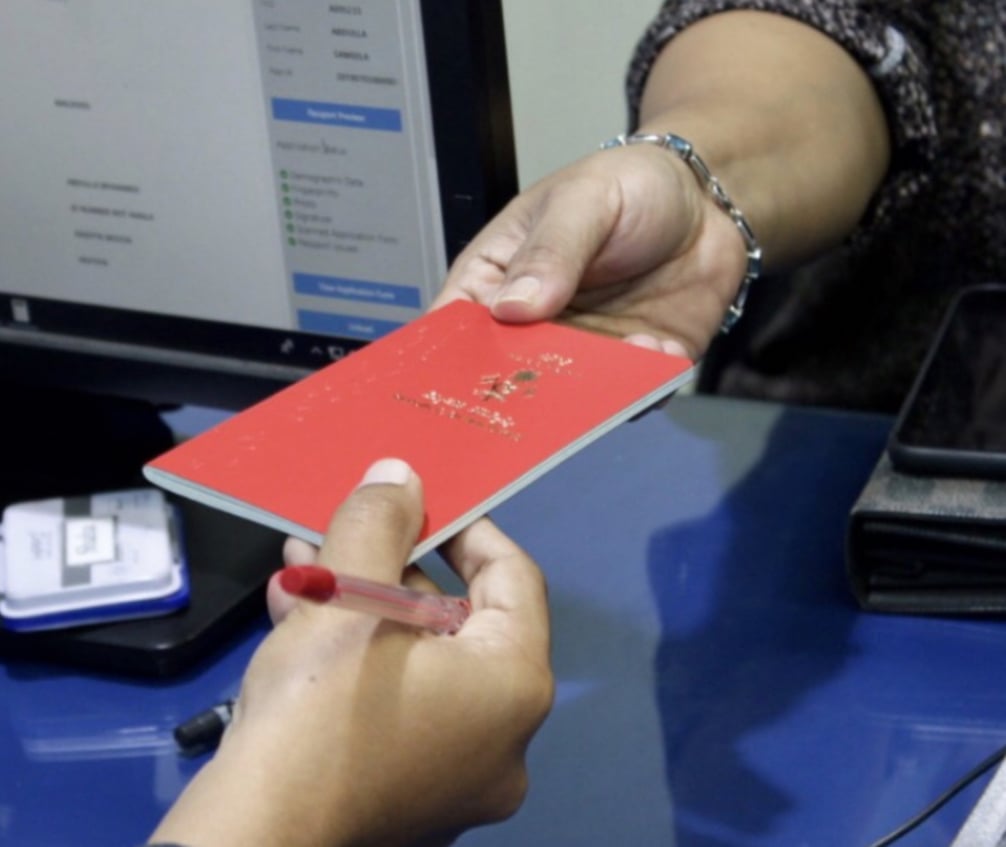The budget statement for 2025, presented to Parliament today, has sharply criticized the fiscal policies implemented under former President Ibrahim Mohamed Solih's administration.
During the budget presentation, Finance Minister Moosa Zameer outlined that the only means to address the increased expenditure on essential services due to the COVID-19 pandemic and the rising oil prices in 2022 was through increased borrowing and excessive money printing. He revealed that a total of MVR 8.8 billion had been withdrawn from the central bank between 2020 and 2023 with parliamentary approval, yet he emphasized that this was executed without adequate planning.
Minister Zameer pointed out that even after the economy began to recover from the COVID-19 crisis in 2022, and the exemptions for printing money under the Public Expenditure Accountability Act lapsed, the previous government's irresponsible monetary policies persisted, continuing to finance rising expenditures.
He stated that in the guise of expanding the economy and enhancing expenditure on essential services, government spending had surged to unsustainable levels. The budget has risen from MVR 28.2 billion five years ago to MVR 50.9 billion by 2023, with total debt as a percentage of GDP reaching 124 percent.
Zameer also highlighted a critical consequence of unchecked government expenditure: many contractors and vendors providing services to the government have not been paid in recent years. He criticized the previous administration's destructive fiscal policy, which he claimed led the state's finances to the brink of collapse due to a lack of planning and accountability.
The obvious end result is that the entire country is in danger, Minister Zameer asserted, as he laid out the government's plans for fiscal reform and a more sustainable approach to managing the national budget.
During the budget presentation, Finance Minister Moosa Zameer outlined that the only means to address the increased expenditure on essential services due to the COVID-19 pandemic and the rising oil prices in 2022 was through increased borrowing and excessive money printing. He revealed that a total of MVR 8.8 billion had been withdrawn from the central bank between 2020 and 2023 with parliamentary approval, yet he emphasized that this was executed without adequate planning.
Minister Zameer pointed out that even after the economy began to recover from the COVID-19 crisis in 2022, and the exemptions for printing money under the Public Expenditure Accountability Act lapsed, the previous government's irresponsible monetary policies persisted, continuing to finance rising expenditures.
He stated that in the guise of expanding the economy and enhancing expenditure on essential services, government spending had surged to unsustainable levels. The budget has risen from MVR 28.2 billion five years ago to MVR 50.9 billion by 2023, with total debt as a percentage of GDP reaching 124 percent.
Zameer also highlighted a critical consequence of unchecked government expenditure: many contractors and vendors providing services to the government have not been paid in recent years. He criticized the previous administration's destructive fiscal policy, which he claimed led the state's finances to the brink of collapse due to a lack of planning and accountability.
The obvious end result is that the entire country is in danger, Minister Zameer asserted, as he laid out the government's plans for fiscal reform and a more sustainable approach to managing the national budget.





